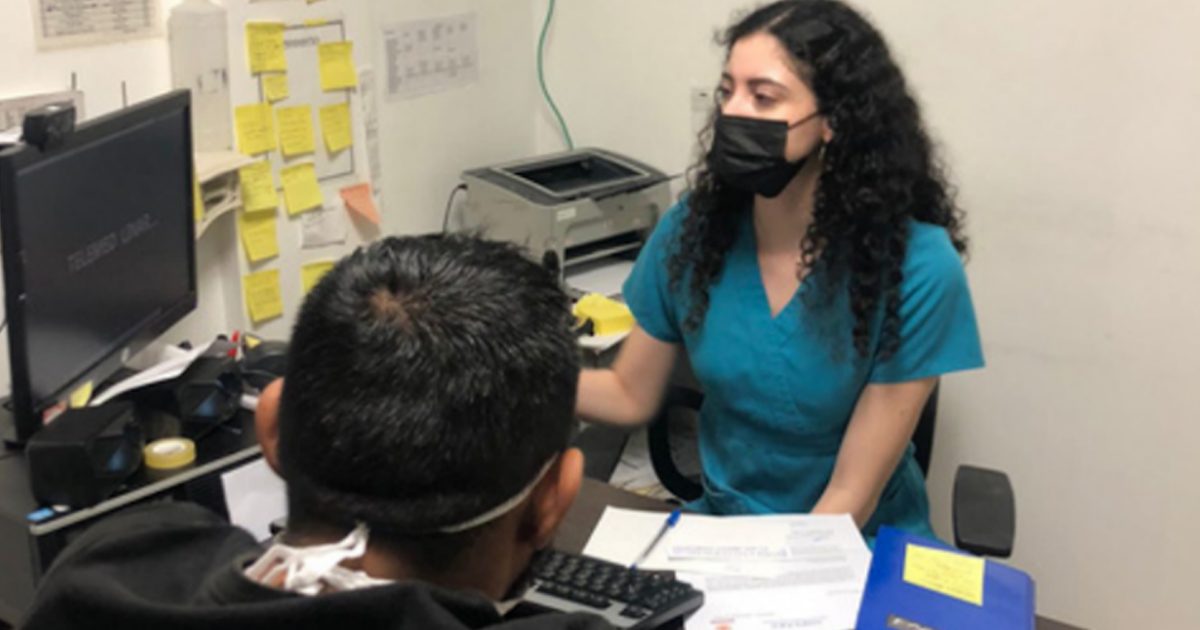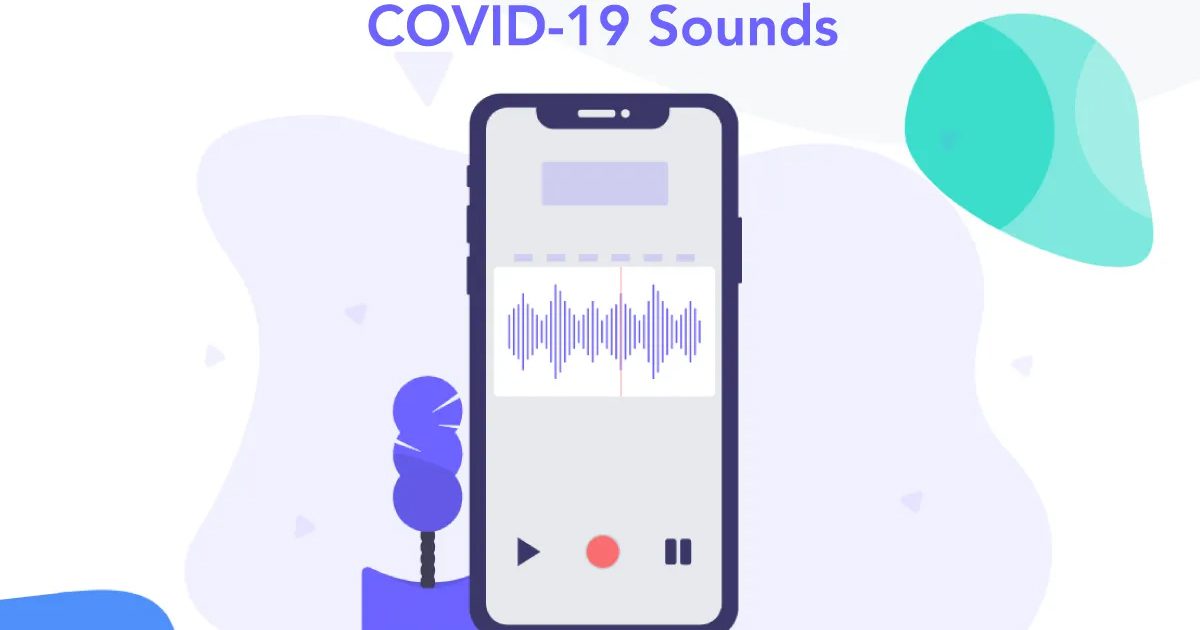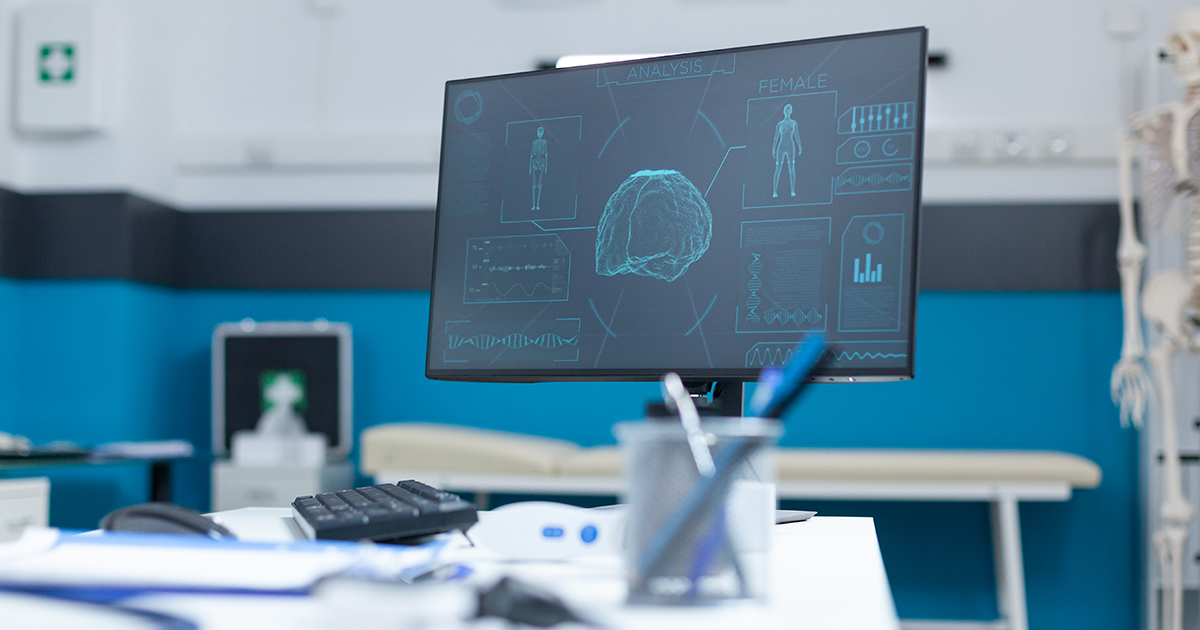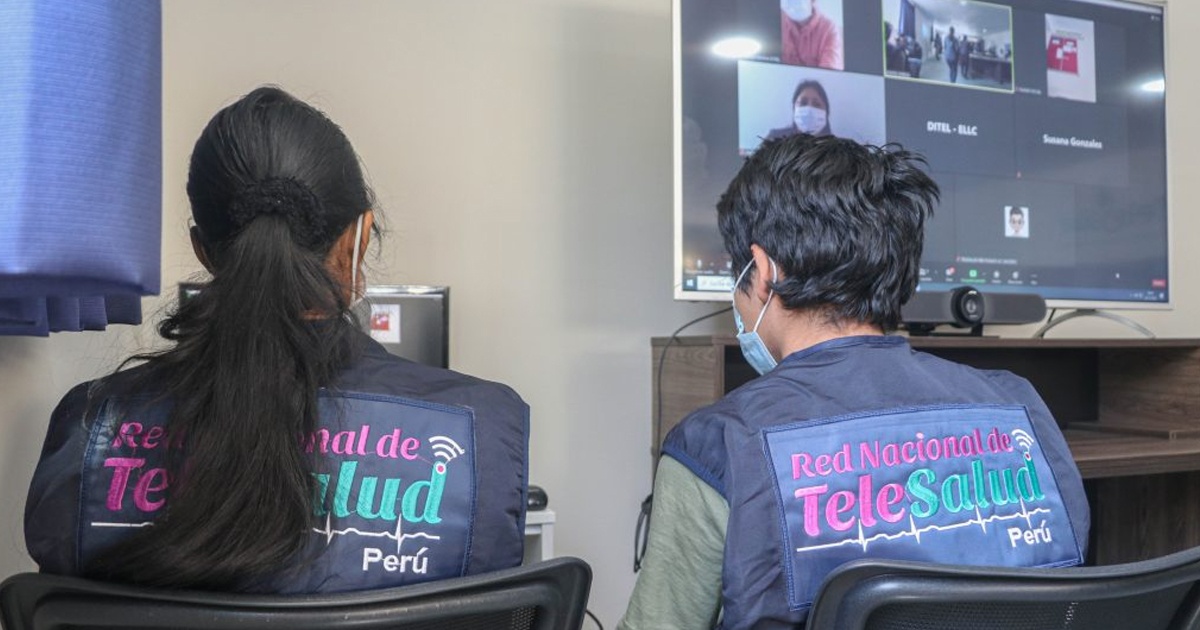Since the beginning of the year, the National Institutes of Health (NIH) have promoted a research and nutrition program for the identification of dietary patterns.
Precision Health Nutrition or Nutrition for Precision Health, is a program of the NIH Common Fund, promoted through the Investigation programme All of Us. The goal of this program is to develop algorithms that can predict individual responses to foods and dietary patterns.
Nutrition is not only key to human development, but also to the prevention and treatment of diseases. Although the perfect diet varies for each person, this program seeks to rely on biomedical sciences, Artificial Intelligence (AI), microbiome research to generate new information on personalized nutrition or precision nutrition.
In this sense, the first Strategic Plan for Nutrition Research of the NIH has also been implemented, which contemplates the investigation of how individual human biology, diet, environmental, social and behavioral factors influence health.
For this, the Nutrition for Precision Health program will use data from All of Us, being the first study that takes advantage of the information generated by said research, to find answers to other scientific questions.
The study has three main objectives:
- Examine observed individual differences in responses to different diets, by studying the interaction between diet, genes, proteins, microbiome, metabolism, and other individual factors.
- Use AI to develop algorithms that can predict individual responses to foods and dietary patterns.
- Validate algorithms for clinical application.
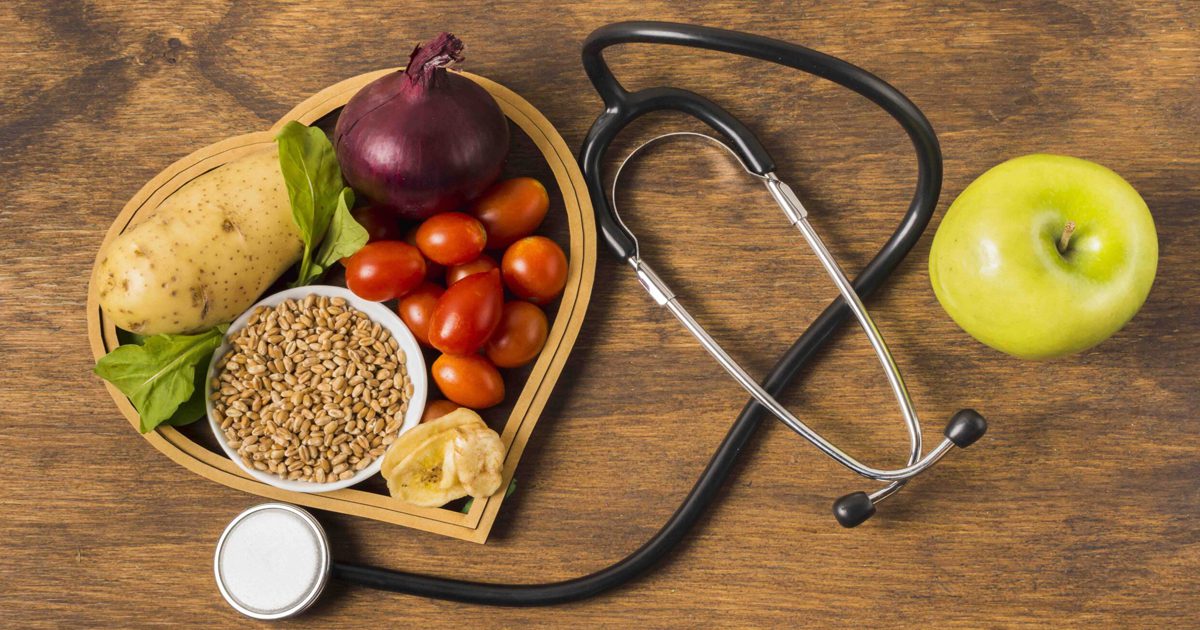
To carry out this important study, five main components are interconnected:
- In the first place, the Research Coordination Center, whose purpose is the administrative management of all the components involved.
- Next come the Clinical Centers, which are responsible for recruiting, consenting, and enrolling All of Us participants in the nutrition program.
- The third component is the Data Generation Centers, which perform various tasks such as:
- a) Perform genetic analyzes of the human gut microbiome;
- b) Perform metabolic analysis;
- c) Advanced dietary assessment methods
- The Center for Artificial Intelligence, Multimodal Data Modeling and Bioinformatics is the fourth component and seeks to establish mathematical and computational models, develop algorithms and improve data visualization.
- Finally, the All of Us Biobank receives, processes, and stores the biosamples and metadata.
The NIH has provided 170 million dollars for the development of this nutrition study and it has been promoted by the Department of Health and Human Services (HHS) and All of Us.
Learn more: https://commonfund.nih.gov/nutritionforprecisionhealth

